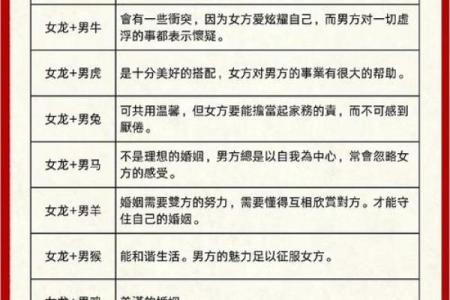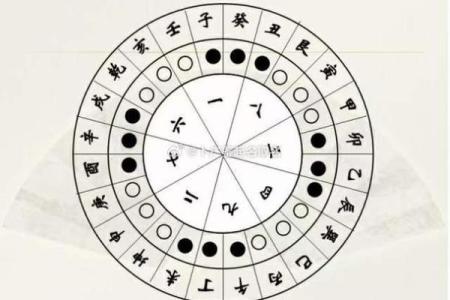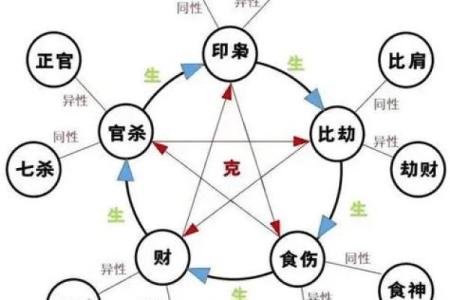How to Determine Children's Filial Piety from Eight Characters

Chinese culture places a strong emphasis on filial piety, the respect and care that children are expected to show towards their parents. In traditional Chinese beliefs, it is believed that a person's character can be determined by their eight characters, also known as "ba zi". These eight characters are based on a person's date and time of birth, and can reveal important information about their personality and relationships. So, how can we determine a child's filial piety from their eight characters?
Firstly, the presence of "filial piety pillars" in a child's eight characters indicates a natural inclination towards respecting and caring for their parents. These pillars are specific combinations of the five elements (wood, fire, earth, metal, and water) and are believed to signify a strong sense of filial piety. If a child's eight characters contain these elements, it is likely that they will naturally exhibit filial behavior towards their parents.
Furthermore, the relationships between the different elements in a child's eight characters can also provide insights into their filial piety. For example, if the elements representing the parents are harmonious with the child's own elements, it can indicate a close and respectful relationship between the child and their parents. On the other hand, conflicting or clashing elements may suggest challenges in the parent-child relationship, which could impact the child's filial piety.
In addition to the eight characters, the upbringing and teachings of the child also play a significant role in determining their filial piety. Regardless of their eight characters, a child can be taught and guided to become more respectful and caring towards their parents. This highlights the importance of nurturing filial piety through education, leading by example, and instilling traditional values in children.
It is important to note that while the eight characters can provide insights into a child's personality and behavior, they are not absolute determinants of filial piety. Filial piety is a complex and multifaceted concept that is influenced by a wide range of factors, including family dynamics, cultural influences, and personal experiences. Therefore, it is essential to approach the topic with nuance and understanding.
In conclusion, while the eight characters can offer valuable insights into a child's inclination towards filial piety, it is not the sole factor in determining their behavior. The presence of filial piety pillars and the relationships between the different elements can provide indications, but the upbringing and teachings of the child also play a crucial role. By understanding these factors and approaching the topic with sensitivity, we can better navigate the complexities of filial piety in the modern world.
-

-

-

-

-

-

-

-

-

-

探索生命的意义:揭示人们为何会感到生命的价值与重要性
在纷繁复杂的现代社会中,关于生命的讨论愈发引人关注。许多人常常会思考,生命的意义究竟是什么?为何我们会感到命的珍贵和重要?这些问题...
风水测算
十二生肖
热门专题
- 八字
- 排盘
- 起名
- 看相






